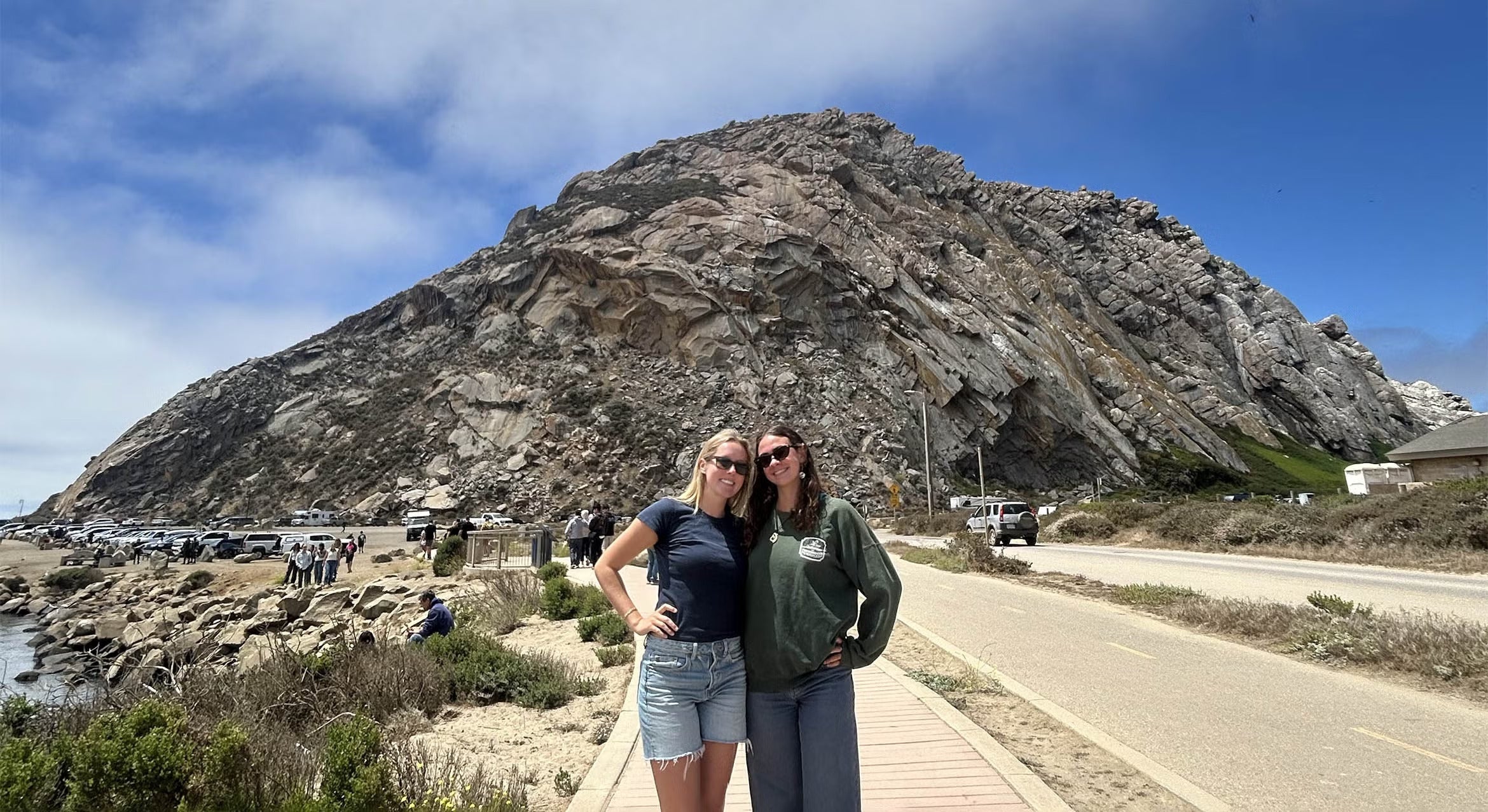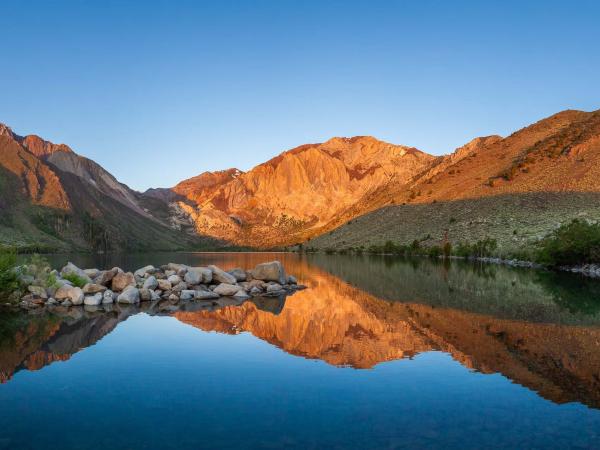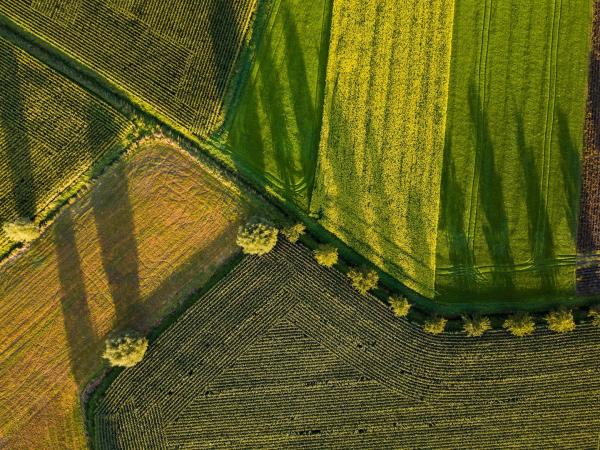
Photo Credit: courtesy
A new generation of scholars and researchers coming up through the environmental sciences at UC Santa Barbara knows the importance of good old-fashioned classroom study and fieldwork. And, through a leadership program in the Bren School of Environmental Science & Management, they’re also soaking up the benefits of another critical component of higher education — mentorship and teamwork.
This summer, the Bren Environmental Leadership (BEL) program saw more than a dozen pairs of undergraduate and graduate students team up for an intensive 10-week paid fellowship to network, workshop and produce special projects in their respective fields, from marine biology and agricultural practices to social justice and pollution reduction. Along with fostering mentor-mentee teamwork and professional networking, the BEL mission aims to increase the number of first-generation, low-income or otherwise underrepresented students working towards careers in environmental and natural sciences.
"What is so wonderful about the BEL Fellows program is the deep mentoring relationships that develop between graduate students and undergraduates,” said Sarah Anderson, interim dean of the Bren School. “The graduate students step into being leaders and the undergraduate students have a close mentor who can help them to stretch in their skills. These pairings help students apply their classroom education to real world hands-on projects that help solve environmental problems."
BEL teams will be presenting their summer projects at the school’s Mantell Symposium in Environmental Justice and Conservation Innovation, held this year on Oct.17.
Among the BEL presenters, third-year environmental studies major Halia Fleming and mentor Caroline Smith, who is pursuing a masters degree with an emphasis in coastal resource management, will discuss their efforts to establish a baseline of marine mammal species that feed, migrate or live year round in the newly designated 4,543-square-mile Chumash Heritage National Marine Sanctuary.
“This summer I gained a much clearer sense of what a career in marine conservation could look like, while collaborating with the sanctuary team, strengthening my professional skills and contributing to an incredible project,” Fleming said.
Fellow Kayle Craigen, a fourth-year in environmental studies and applied psychology, will be presenting “Women Doing Science Shiny App: A Classroom Tool to Foster STEM Identity,” a project designed to encourage K-12 students and instill a sense of belonging for women and people of color as they pursue scholarship and careers in STEM (science, technology, engineering and mathematics) fields. Craigen and her mentor, coder Lauren Puffer, who is pursuing a masters in coastal resource and water management, created an educational app to develop lesson plans and highlight a diversity of female STEM professionals.
“I couldn’t have done it without the incredible mentorship and support from Lauren,” Craigen said. “I gained so much confidence in myself professionally this summer.”
“When I began my fellowship, I told myself that I would be a sponge,” Puffer added. “I decided to take every chance to learn something new and treat challenges as opportunities for growth. In doing this, I was constantly reminded that the most impactful work is highly collaborative. A good product requires the feedback and ideas of many minds all working towards the same goal.”
The BEL program’s summer training in professional development for undergraduates included workshops in public speaking, job searches and data visualization, among other topics. Graduate students participated in mentorship workshops on project design, expectation management and other practices. Both groups heard from a variety of guest speakers from academia, plus industry and government scientists.
BEL summer projects were also completed by Zoe Sims and Andie McNeil (Nitrogen on the Move: Agriculture’s Hidden Environmental Cost); Isa Elias and Jared Umphress (Creating an Interactive Dashboard to Inform Rotational Grazing); Cali Pfleger and Ozair Usmani (Improving Local Climate Literacy with the Use of an Interactive Santa Barbara Climate Dashboard); Brian Lee and Arantza Lira (Bats and Human Health in California’s Central Valley); Gemma Del Rossi and Kyra Xue (Understanding Agricultural Systems in Zambia: Oceans, Seafood, and Science Communication); Marley Hatfield and Sofie Flom (Recovering Lost Fishing Gear: Supporting Industry-Led Solutions); Dan O'Shea and Mackenzie Grebner (Kelp Needed: A Synthesis of Kelp Recovery Initiatives in California); Allie Caughman and Addison Desmond (My Summer Researching Evolutionary Capacity within MPAs); Ashley Diedenhofen and Alyssa Boucher (Stories from the Seafood Supply Chain: A Stakeholder Assessment with Seafood Watch); Karina Kays and Roxanna Braganca (Carbon, Cows, and Corporate Sustainability: Our Summer with Tillamook) and James Cunningham and Calvin Fu (Using Remote Sensing to Understand Natural Vegetation Recovery on Abandoned Farmland in the California Central Valley).


